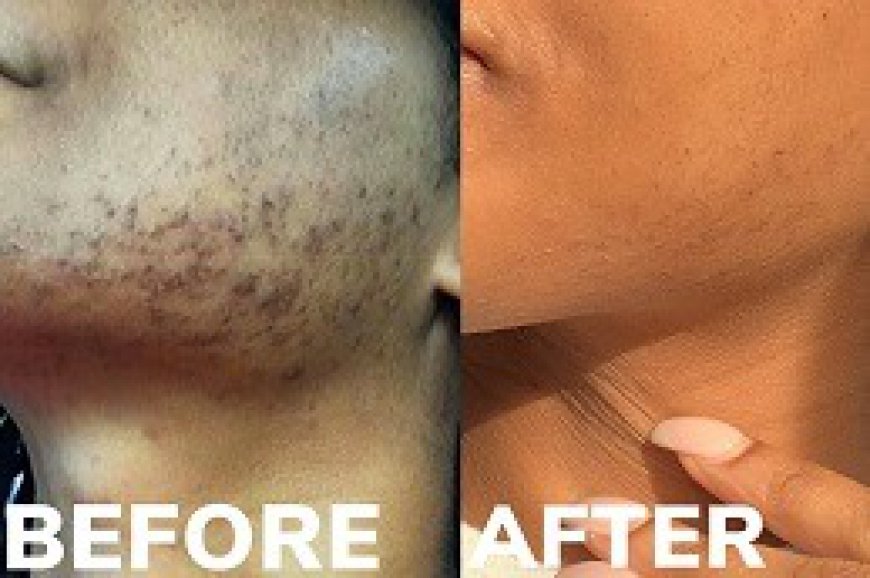Is Laser Hair Removal Allowed? A Look at Islamic Teachings
Are you thinking about permanent hair removal? Laser hair removal is the best solution for this problem but Is It Haram to Do Laser Hair Removal? Find out more!
Laser hair removal has become a popular option for those seeking a long-term solution to unwanted hair. As more individuals, particularly women, consider this treatment, questions arise regarding its permissibility within Islamic teachings. This article explores the perspective of Islamic scholars on Is It Haram to Do Laser Hair Removal?, examining the religious texts and teachings that guide this discussion.
Understanding the Basics of Laser Hair Removal
Laser hair removal is a medical procedure that uses concentrated light beams to target and destroy hair follicles, effectively reducing hair growth over time. Unlike traditional methods such as shaving, waxing, or threading, laser hair removal offers a longer-lasting solution, making it an attractive option for many.
Islamic Perspective on Hair Removal
In Islam, hair removal is generally considered permissible. The Quran and Hadith do not specifically mention laser hair removal; however, they do address personal grooming and hygiene. For instance, the Prophet Muhammad (peace be upon him) encouraged practices such as trimming nails and removing body hair, which suggests a broader acceptance of hair removal methods.

Scholarly Opinions on Laser Hair Removal
Islamic scholars have debated the permissibility of various hair removal methods, and the consensus generally leans toward permissibility as long as certain conditions are met:
-
Intent: The intention behind undergoing laser hair removal should be pure, aiming for cleanliness and personal hygiene rather than vanity or excessive pride.
-
Health and Safety: The procedure should not pose any harm to the individual. Islamic teachings emphasize the importance of preserving health and avoiding actions that could lead to injury or long-term damage.
-
Nature of the Hair: Some scholars differentiate between hair that is considered "fitrah" (natural hair that is part of the body, such as armpit and pubic hair) and other body hair. While the removal of fitrah hair is encouraged, the removal of other body hair is generally accepted as long as it does not lead to harm or negative consequences.
-
Gender Considerations: There is also a distinction made between genders regarding hair removal. For women, maintaining personal grooming is often emphasized, while for men, excessive grooming may be discouraged. However, this varies based on cultural and individual interpretations.
Cultural Context and Acceptance
In many Muslim-majority countries, laser hair removal has gained acceptance, particularly in urban areas. Clinics offering this service often cater to women who seek modern solutions to personal grooming. This acceptance is influenced by a growing awareness of personal care, hygiene, and the importance of aesthetics in contemporary society.
Conclusion
Laser hair removal is generally considered permissible in Islam, provided that it aligns with the principles of health, safety, and intention. As with any personal care decision, individuals are encouraged to consult knowledgeable scholars or trusted sources within their communities to ensure that their choices are in line with their beliefs and values. Ultimately, the goal is to maintain cleanliness and personal hygiene while respecting the teachings of Islam.

 hudabatool778
hudabatool778